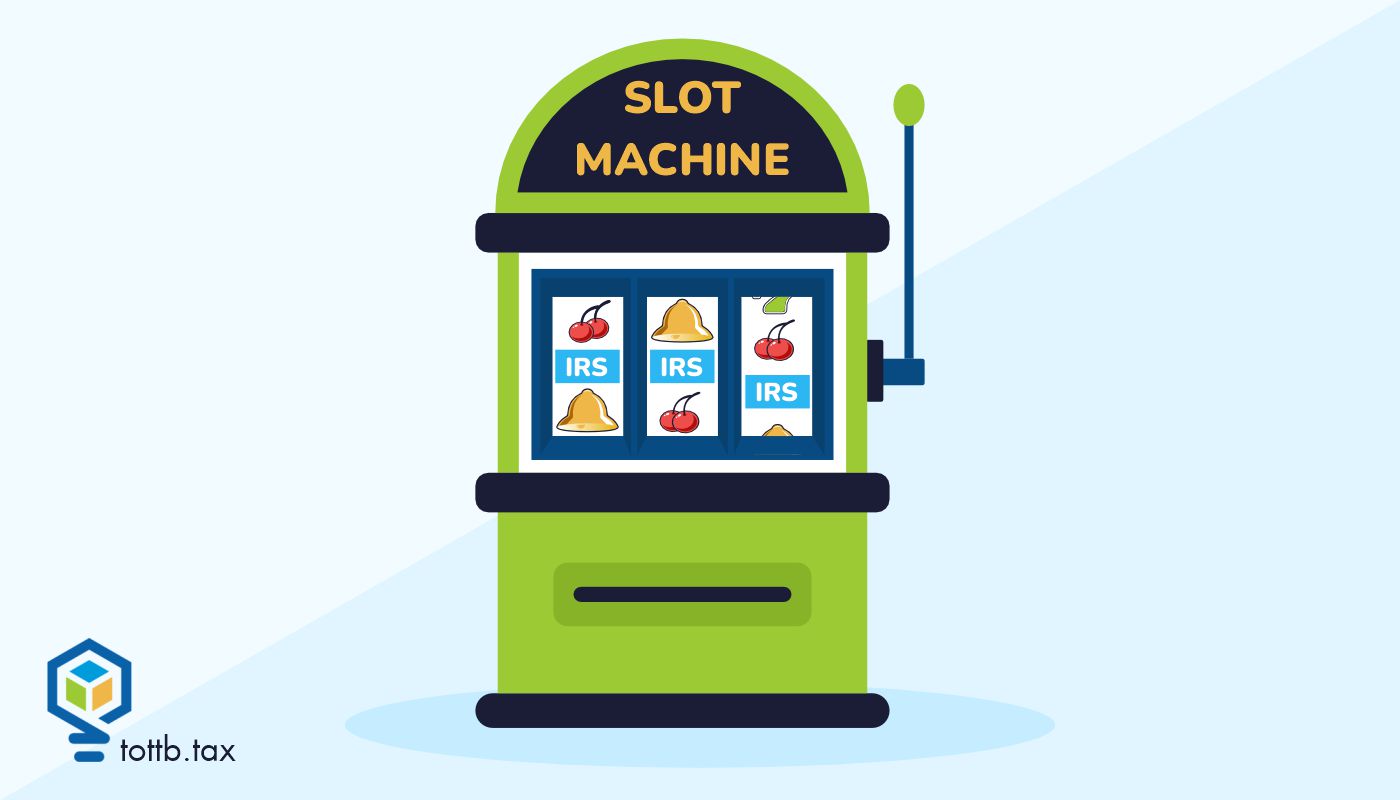CURRENT EDITION

This Is The Only Other Year-End Tax Tip Guide You Need
So as I did last year, I have reviewed a multitude of year-end tax tips articles. One of them is a real standout that you should be sure to check out. If you missed it, you should definitely roll back to the November 15 edition and go over Dominique Molina’s piece, which focuses on what you need to do sooner rather than later in response to OBBBA. It provides more detailed, relevant, actionable advice that you won’t see anywhere else than any of the multitude of pieces I have reviewed. As for the rest, I will give you a basic rundown of what I call the SOSO (same old, same old) and a few suggestions that stand out as different that I will get into a little more along with some thoughts of my own.
READ MORETracking and Measuring Your Business Development Efforts: KPIs for CPAs
As CPAs, we were trained to work with precision, accuracy, and strategy in everything we do. However, business development has not been part of our standard training; therefore, many accounting professionals not only struggle with business development tactics but also shy away from tracking and measuring the impact of their efforts. But here's the truth: Just as we track and measure other financial data, it is essential to measure business development efforts in order to improve. You can unlock significant growth in your firm by understanding which key performance indicators (KPIs) to track, how you manage your practice, how you acquire new clients, and how to increase your revenue.
Read MoreAre There Tax Consequences of The GENIUS Act? It Depends!
The Guiding and Establishing National Innovation for U.S. Stablecoins Act became Law on July 18, 2025. It “establishes a regulatory framework for payment stablecoins,” which are defined in the legislation as “digital assets which an issuer must redeem for a fixed value.”
Read MoreQualified Opportunity Zones After the One Big Beautiful Bill Act: What’s Changed and What It Means for Real Estate Investors
On July 4, 2025, the One Big Beautiful Bill Act (OBBBA) became law, representing the most significant reform of the QOZ program since its inception. It made the program permanent, tightened eligibility rules, introduced a rural-focused investment vehicle, and imposed robust reporting requirements. For tax professionals and investors, understanding these changes isn’t just about compliance – it’s also about strategy.
Read MoreVibe Preparing: Ignoring Partnership Agreement Impacts on K1s
Nothing derails a busy season schedule like being forwarded emails from client’s investors asking “are you sure the loss is allocated correctly?” It can expose a weakness in technical expertise – especially when it’s a partnership K1. Whether the operating agreement includes Safe Harbor or Target Capital allocations is one of the most important places to start for a preparer. And knowing these basics can be the difference between a confident reply or a lost week.
Read MoreDeducting Gambling Losses: Part 2: Sessions Method
Recently I polled my peers on a social media platform dedicated to tax professionals. My hope was to find a resource for tax rules on a state level for handling gambling sessions. I knew it would be an uphill battle to get the information needed for a comprehensive guide state-by-state. What surprised me was the response. A large percentage of tax professionals were either unaware of gambling sessions or were unclear on how gambling sessions were handled in their state. Since gambling sessions might be the best way to reduce taxes on gambling wins, a lot of money might be left on the table with clients paying the price. Even if the state a tax professional prepares most tax returns for does not have gambling, the likelihood a client travels to a state that does, gambles, and wins is high.
Read MoreTAX COURT ROUNDUP – September 2025
If reviewing Tax Court opinions teaches one thing, it's that tax legislation is too important to leave to legislators. Tax Court Judges are hyper-qualified; they need to be, to deal with what this month shows.
Read MoreCharitable Impacts of the One Big Beautiful Bill Act
For charitable-minded taxpayers, several provisions in the One Big Beautiful Bill Act (OB3 Act) will impact the tax reduction associated with their charitable giving starting next year in 2026. In one case, the change increases the deductible amount, but all other changes surprisingly reduce the value of charitable contribution deductions. This article will review how the OB3 Act changed the charitable contribution deduction landscape and strategies for tax year 2025 and beyond to maximize the tax reduction value from charitable contributions.
Read MoreA Tax Tailored for Twenty-Six: OBBBA’s Impact on College Endowments
Chapter 4 of the One Big Beautiful Bill (OBBBA) is titled “Investing In American Families, Communities.” Subchapter B of Chapter 4 is “Permanent investments in students and reforms to tax-exempt institutions.” That is where you will find “Modification of excise tax on investment income of certain private colleges and universities.” What is really amusing about this rewrite of IRC Section 4968 “Excise tax based on investment income of private colleges and universities” is that it applies to such a small number of institutions that you can identify them with a decent degree of certainty from publicly available information. The tax does not apply to state universities.
Read MoreNOT A MEMBER YET?

SUBSCRIBE TO GET ALL OF OUR
GREAT ARTICLES AND RESOURCES!
CURRENT EDITION

This Is The Only Other Year-End Tax Tip Guide You Need
So as I did last year, I have reviewed a multitude of year-end tax tips articles. One of them is a real standout that you should be sure to check out. If you missed it, you should definitely roll back to the November 15 edition and go over Dominique Molina’s piece, which focuses on what you need to do sooner rather than later in response to OBBBA. It provides more detailed, relevant, actionable advice that you won’t see anywhere else than any of the multitude of pieces I have reviewed. As for the rest, I will give you a basic rundown of what I call the SOSO (same old, same old) and a few suggestions that stand out as different that I will get into a little more along with some thoughts of my own.

The Corporate Vault: How to Use a C Corporation to Stockpile Cash for the Future
When most people think about saving for the future, their minds jump to retirement accounts—401(k)s, IRAs, maybe even defined benefit plans. But business owners have another option that often goes overlooked: using a C corporation as a strategic savings vehicle. By leveraging the flat 21% corporate tax rate, smart income shifting, and careful timing of distributions, business owners can “stockpile” cash inside a corporation, building wealth for future use without the red tape of traditional retirement plans. Want to see how top tax strategists legally use C corporations as private retirement vaults while avoiding double taxation and IRS scrutiny? Continue reading to learn the blueprint.

When TikTok Tax Hacks Backfire: Helping Clients Misled by Social Media Scams
Jessica, a self-employed consultant, was thrilled when she found a viral TikTok video promising a “little-known” tax trick. The video claimed she could get a huge refund by claiming a special Fuel Tax Credit and even writing off her family’s beach vacation as a business expense. Following the advice, Jessica filed an amended tax return and waited eagerly for a windfall. A few months later, instead of a refund check, Jessica received a stern IRS notice. Her so-called credits were disallowed, her refund was denied, and she now faced penalties. Jessica isn’t alone. Every tax season, well-intentioned taxpayers get lured by false tax advice on social media, only to end up in trouble. As tax professionals, we often meet panicked clients like Jessica who need our help to untangle the mess.








